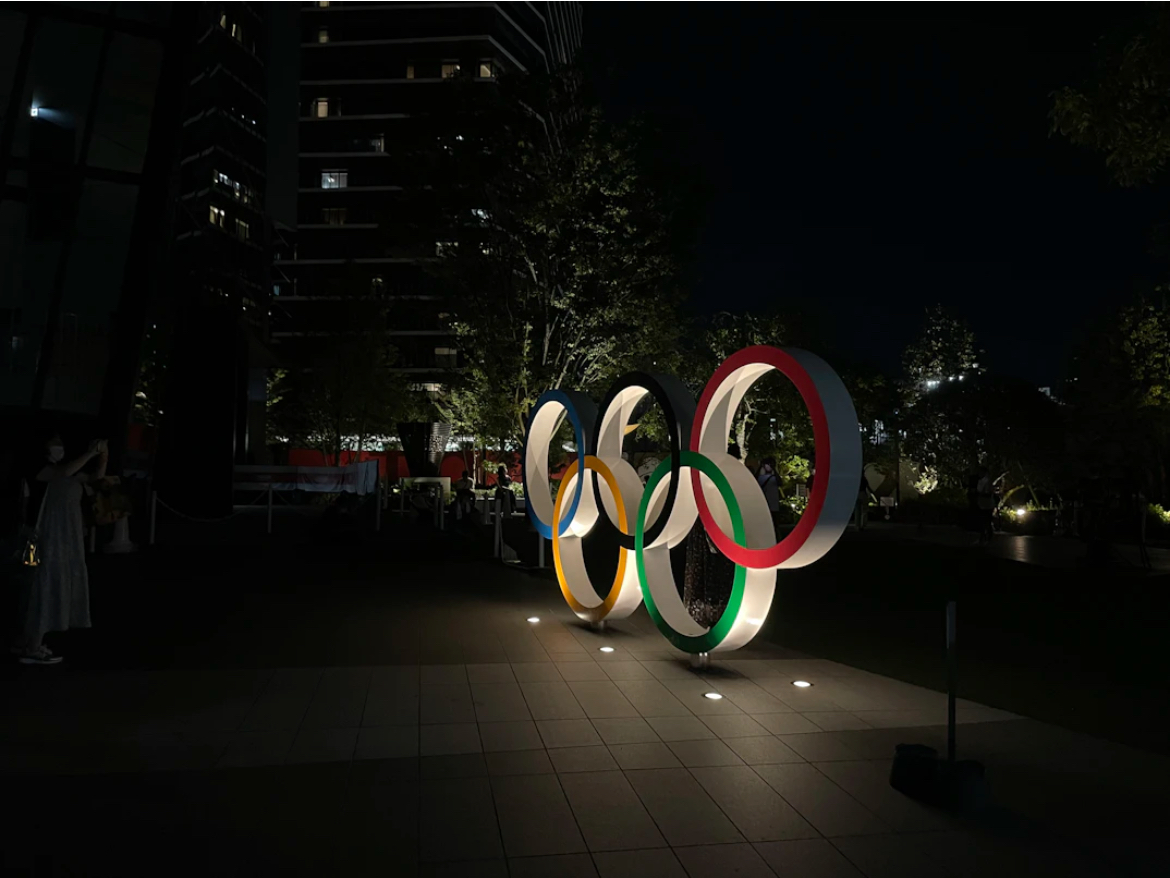The greatest competition on Earth is almost back
More than 200 countries are set to compete at this year’s Olympics in Paris, showcasing the value of cultural diversity along the way.
For many, the Olympic Games symbolize the crowning point of athletic achievement. The competition has made athletes like Usain Bolt, Jesse Owens, and Michael Phelps into household names.
Beyond athletics, however, the Olympics remain the world’s biggest stage for showcasing each nation’s unique culture. As we near the 2024 Paris Olympic Games in July, I implore you to watch the elegant poise of South Korean archers, the delicate power of Chinese badmintonists, and the refined grace of Italian fencers.
Cultural influences are everywhere in the world of sport. Canada and the US currently rank as the world’s top two lacrosse nations in every category except men’s indoor lacrosse, where Canada is first and the Haudenosaunee Confederacy is second. This achievement can be traced back to the invention of the sport in the early 12th century by the First Nations of Canada and the US.
As anyone who watched the 1993 film Cool Runnings would know, “Jamaica” and “bobsled” had never been echoed in the same sentence before the 1988 Winter Olympics. Yet here we are, 36 years later, and the Olympic appearance of a Jamaican bobsled team has become somewhat of a regular occurrence.
Taking a game and transforming it into a product of cultural expression is the most beautiful aspect of sport. Pelé and the Brazilian soccer team played their style—Ginga—a combination of martial arts and dance that could never be fully grasped, much less mastered, by anyone who hadn’t grown under the nourishment of rich Brazilian traditions.
In Ethiopia, running is not a pastime but a way of life. Haile Gebrselassie, the Ethiopian two-time Olympic champion and former holder of 27 world records, didn’t have access to a bus or car, so he became his own transportation to his school 10 km away.
While Japan is known for its cuisine and tradition of respect, its legacy of judo champions at the Olympics demonstrates how their culture of meticulous attentiveness has been ingrained in its athletes.
Russia, built upon a longstanding appreciation of the arts, has composed classical routines in each Olympic Games to win every gold medal in artistic swimming since 2000.
Fans follow the Olympics not just to watch their favourite athletes compete, but also to support their nation’s attempt to prove itself to the rest of the world.
Canadians will never forget Sidney Crosby’s “Golden Goal” to beat the US in the ice hockey finals of the Vancouver 2010 tournament. In the same way, Burundians will never forget their only medalist, Venuste Niyongabo, and his victory in the 5000-metre run during the 1996 Olympics.
To each athlete, the Olympics mean something different. Some battle with the expectation of winning, while others attend just to say they made it. But every athlete competing and every fan watching still dreams of seeing their flag rise above them on the podium, waving their culture proudly before the rest of the world.

